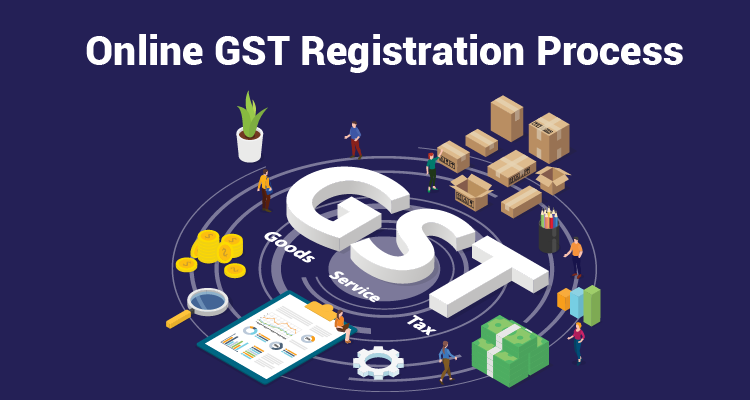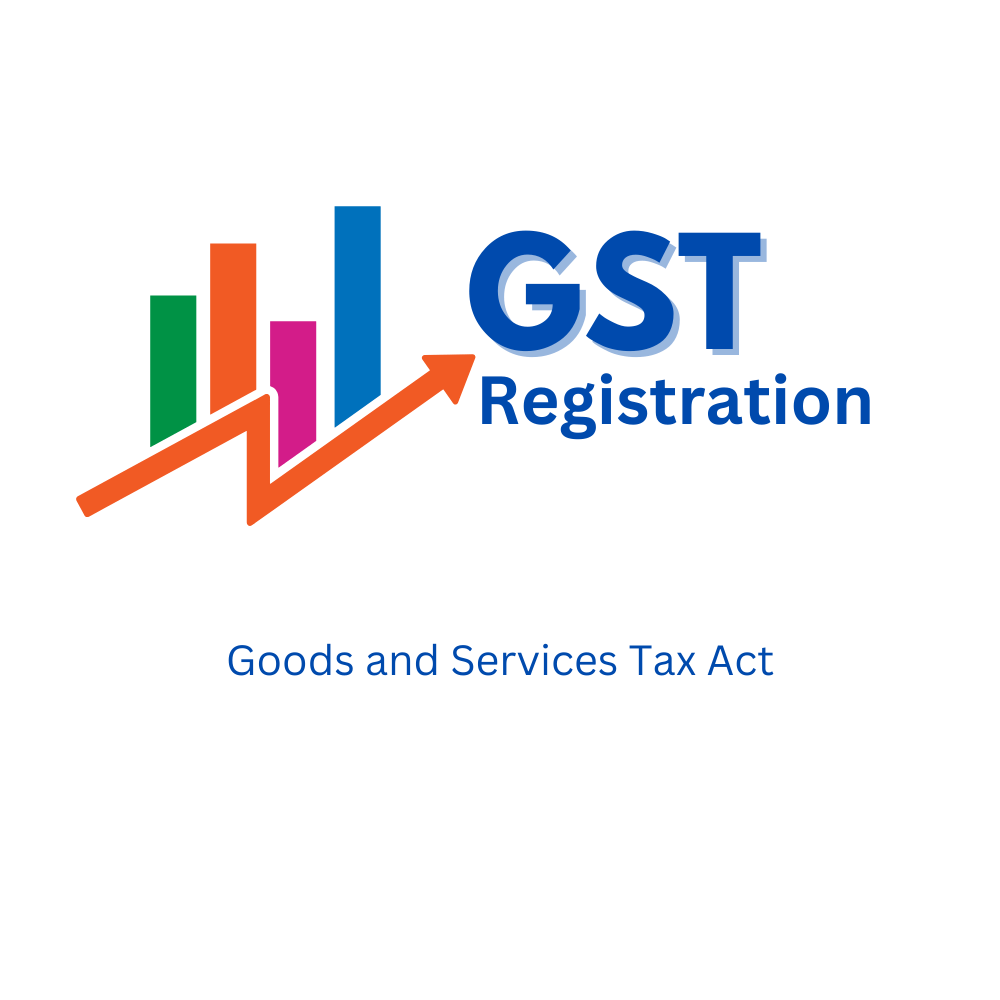Why Singapore GST Registration is Vital for Your Startup
Why Singapore GST Registration is Vital for Your Startup
Blog Article
The Ultimate Guide to Simplifying the GST Enrollment Refine and Requirements for Local Business Owners

Comprehending GST Essentials
To comprehend the fundamentals of the Item and Services Tax (GST) system, small company owners need to initially comprehend its underlying principles and implications. GST is a value-added tax obligation levied on most items and solutions for domestic consumption. It intends to simplify the tax process by replacing numerous indirect taxes imposed by the state and main federal governments. Under the GST routine, services are required to sign up and accumulate tax obligation in support of the government, guaranteeing openness and conformity.
One of the crucial principles of GST is input tax obligation credit rating, which permits organizations to declare credit score for tax obligations paid on their purchases. Recognizing these standard concepts is essential for little company owners to navigate the complexities of the GST system and ensure conformity with the law.
Eligibility Criteria for Enrollment
Having developed a foundational understanding of GST principles, tiny organization owners must currently meet specific qualification criteria to continue with the registration procedure (Singapore GST Registration). Services that were registered under the previous tax obligation program (VAT, solution tax, and so on) are likewise mandated to sign up under GST. Farming companies that only supply generate out of primary production are excluded from GST enrollment.
Files Required for GST Enrollment

Simplified Enrollment Process Actions
Adhering to the collection and verification of the requisite documents, the enrollment process for GST can be browsed with a series of check streamlined steps designed to assist in effective conformity for local business proprietors. The very first step includes visiting the GST website and selecting the 'New Enrollment' option. Ultimately, the applicant has to fill out Component A of the GST REG-01 type with information such as PAN, mobile number, and e-mail address to obtain an OTP for confirmation. Once the OTP is gotten and entered, a Momentary Reference Number (TRN) is produced for further procedures. The following step needs submitting Component B of the kind with required organization details, publishing supporting papers, and completing the verification procedure using DSC or EVC. Upon successful verification, an Application Referral Number (ARN) is issued, indicating the completion of the GST enrollment procedure. By following these simplified steps, tiny business owners can effectively register for GST and make sure conformity with tax policies.
Tips for Ensuring Compliance
To preserve regulative adherence and operational stability, thorough oversight and aggressive actions are crucial in ensuring compliance with GST requirements for little company proprietors. Little service proprietors need to remain updated with GST policies, filing deadlines, and any changes in tax rates to prevent charges and preserve a great standing with tax authorities. Going to GST understanding workshops or training programs can enhance understanding and compliance with GST regulations, ultimately profiting the service in the lengthy run.
Verdict
Finally, small company owners must understand the essentials of GST, meet the qualification criteria, gather necessary papers, and comply with the simplified registration process steps to make sure compliance. By streamlining the GST enrollment process and needs, small company proprietors can prevent penalties and run their organizations smoothly within the lawful framework - Singapore GST Registration. It is essential for small company owners to remain informed and certified with GST policies to maintain an effective business procedure
Small service owners looking for GST enrollment need to ensure they gather and send the required published here documents to finish the enrollment process successfully. The files needed for GST registration commonly include evidence of business enrollment or unification, PAN (Irreversible Account Number) card of the company entity, address and identity evidence of the promoters/partners/directors, photographs, address proof of the area of business, bank account declarations or canceled cheques, and permission kinds. Attending GST understanding workshops or training programs can boost understanding and compliance with GST policies, inevitably benefiting the company in the lengthy run.
By streamlining the GST enrollment process and needs, tiny company owners can prevent fines and run their businesses smoothly within the legal framework. It is vital for tiny business owners to stay educated and compliant with GST guidelines to keep an effective organization operation.
Report this page